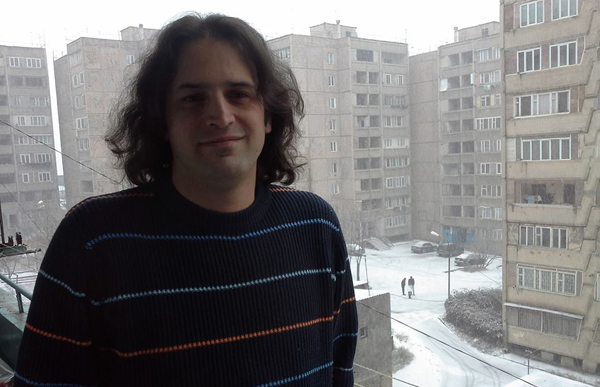In the conversation with Aravot.am, Iranian-Armenian journalist Ruben Minasyan answered the questions on Iran’s domestic policy, referring to the country’s economic situation and the most important key issues of the country.
– Mr. Minasyan, what were the important rearrangements that happened in Iran’s internal political life during the last year.
– The most important rearrangement can be considered the fact that during presidential elections (June 14, 2013), the Iranian people electing Hassan Rouhani as president, demonstrated its disagreement to current political processes. It is significant that Rouhani views Saeed Jalili, Iran’s (now former) nuclear negotiator, as his main competitor, whose negotiation process headed by him resulted in imposing numerous economic sanctions by the West against Iran. After the elections, Hassan Rouhani established “Government of Prudence and Hope”, which brought a sharp turn in negotiations with the West.
– What is the key issue in Iran internal political fermentations at this moment, which need immediate solution?
– At this moment, the current negotiations between Iran and the West are also in the focus of internal political fermentations, because there are forces in the Parliament of Iran, who consider these negotiations ineffective and demand their termination. Also, there are issues that are essentially related to the former government’s mode of operation, which is very strongly criticized by the supporters of newly established government.
– Is Iran’s economy sector stable?
– More than 90 percent of Iran’s economy sector depends on the sale of oil, and since due to the above-mentioned sanctions, the sale of Iran’s oil is restricted, and there are also difficulties in transferring the amount from the sale of the to Iran, hence, the economic sector has become too unstable, however, it should be noted that signs of stability are visible in the last months. Iran, which has its significant role in the region’s geopolitical processes, today, is able to evade, or confront the internal and external challenges. Yes, I think that it greatly depends on the fact that the Iranian society has thousands of years of experience of having a statehood, which is lacking in many countries of the region. I also consider the result of the same experience the fact that the Iranian people managed to express its disagreement to the former regime and the government through elections.
Eva HAKOBYAN






















































